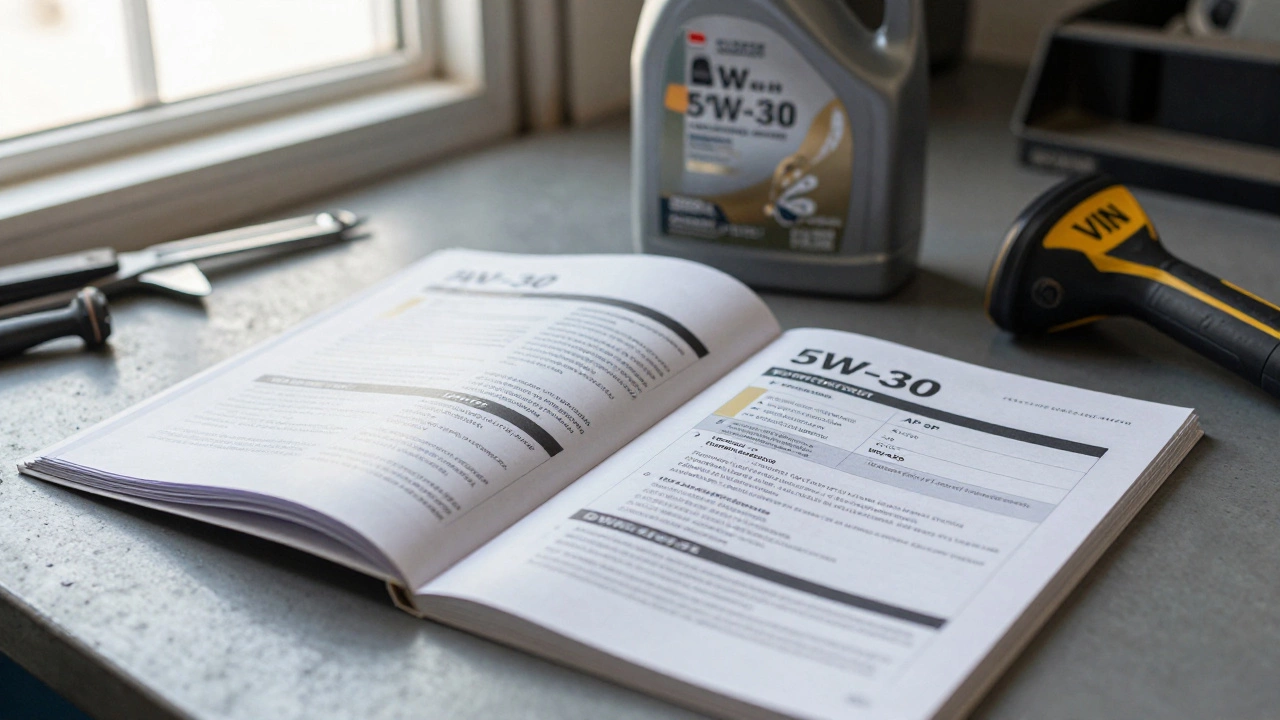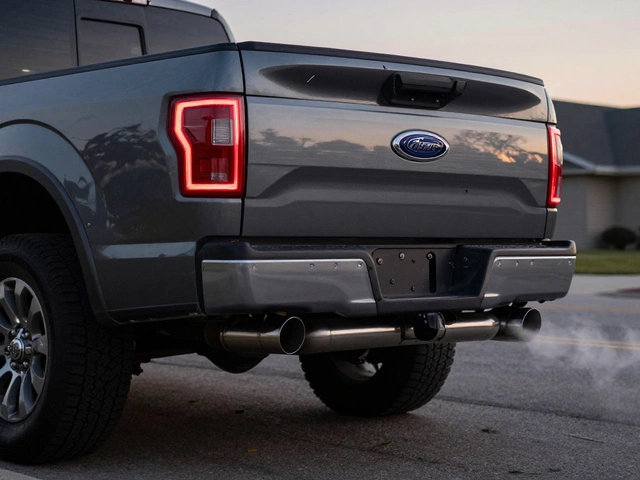
Viscosity in Car Parts: What It Means for Your Engine and Tyres
When you hear viscosity, the measure of a fluid’s resistance to flow. Also known as fluid thickness, it’s not just a lab term—it’s what keeps your engine from tearing itself apart. Think of it like honey versus water. Thick honey moves slow, water zips right through. Engine oil with the wrong viscosity? It’s either too thin to protect metal parts, or too thick to flow when you start the car in cold weather. That’s why your owner’s manual doesn’t just say "use oil"—it says "use 5W-30" or "10W-40". Those numbers? They’re viscosity ratings.
Viscosity doesn’t just live in your engine. It plays a quiet role in your clutch, your brakes, and even your suspension. A clutch that slips? Could be oil leaking onto the friction plate, thinning out the grip. Brake fluid that’s absorbed moisture over time? Its viscosity drops, and suddenly your pedal feels spongy. Even tyre compound performance can be affected by how heat changes the internal fluid dynamics under load. It’s all connected. You don’t need to be an engineer to understand this: if the fluid doesn’t behave right, the part won’t either.
That’s why the posts below dig into real problems tied to fluid behavior—like dirty engine oil that’s lost its protective thickness, or a clutch that’s wearing out faster because the hydraulic fluid isn’t doing its job. You’ll find guides on spotting worn brake pads, fixing suspension noises, and knowing when your clutch is on its last legs. None of these are random issues. They’re symptoms of something deeper: a breakdown in how fluids are supposed to work. Whether you’re checking your oil, replacing a clutch kit, or wondering why your car feels sluggish after a long drive, viscosity is likely part of the story. What you learn here won’t just help you fix things—it’ll help you prevent them.
-
23 Dec

-
27 Apr

Engine Oil: How Do I Know What Oil My Engine Needs?
Not sure which engine oil is best for your ride? This article breaks down what you need to know about oil types, viscosity, and reading labels, so you don’t end up guessing at the store. Learn how to check your owner’s manual, figure out what those numbers mean, and why choosing the right oil actually saves you money and protects your engine. We'll even bust some common myths. Whether you drive a clunky hatchback or a shiny new SUV, you'll get the confidence to pick the right oil every time.





